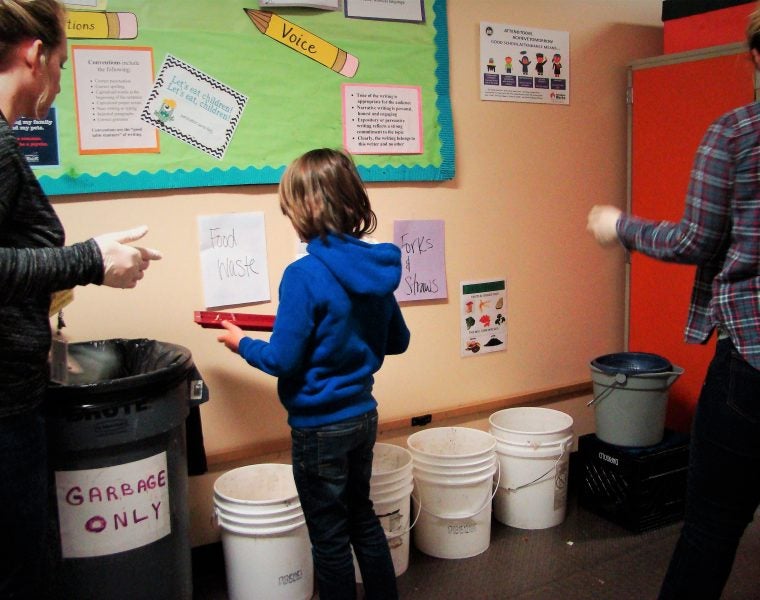This EPA report provides estimates of the environmental footprint of current levels of food loss and waste to assist stakeholders in clearly communicating the significance; decision-making among competing environmental priorities; and designing tailored reduction strategies that maximize environmental benefits. The report also identifies key knowledge gaps where new research could improve our understanding of U.S. food loss and waste and help shape successful strategies to reduce its environmental impact.
The first portion of the IPCC’s sixth assessment is the most up-to-date physical understanding of the climate system and climate change, bringing together the latest advances in climate science, and combining multiple lines of evidence from paleoclimate, observations, process understanding, and global and regional climate simulations.
A recent push by city and religious leaders, along with new technical and scientific funding support from foundations, is bringing sustainability and environmental justice programs and policies that are moving St. Louis in a new direction.
Clallam County is helping children reduce food waste in their communities, and sending oversupplies of food from farms directly to food banks and households in need.
Midwest farmers find cover crops save them money in the form of reduced pesticide use, provide better soil for their cash crops and make their fields resilient to extreme flooding.
2°C Mississippi, a Jackson-based climate change organization, is collaborating with city leaders, community members and other partners to pinpoint high-priority areas for new cooling centers and other heat mitigation and response measures.
The LowCountry Alliance for Model Communities builds healthy families by addressing four cornerstone issues — economic development, affordable housing, education and environmental justice — for seven underserved communities in the North Charleston area.
Luke’s Lobster and other seafood suppliers are transitioning their docks and operations to renewable energy and making energy efficiency improvements.
Series of articles addressing migration and retreat.
Insights on how to recast scientific information to address the public need, and to improve communication with stakeholder groups about ongoing sea-level research.





